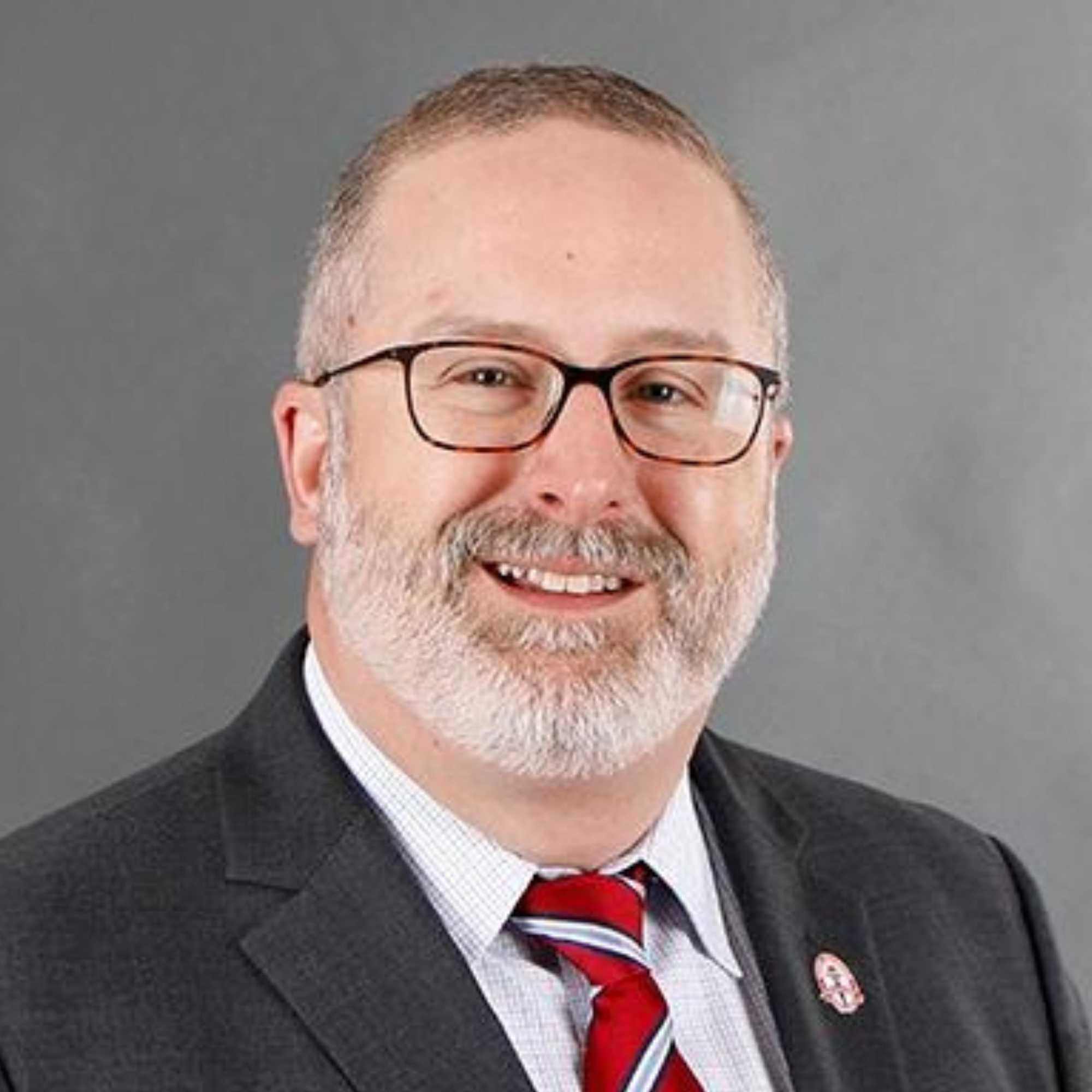Carl F. H. Henry (1913–2003) was arguably the most important American theologian of the postwar years. His best-known book likely remains his 1947 manifesto The Uneasy Conscience of Modern Fundamentalism, which was recently republished by Crossway. I reflected on this important work in a previous essay for The Land Center. Henry is also known for his impressive six-volume God, Revelation, and Authority, also published currently by Crossway. Carl Trueman offered some reflections on Henry’s magnum opus in a 2000 essay in Themelios.
One of the things that has always impressed me about Henry is how he integrated commitment to both public engagement and personal evangelism in his ministry. He continues, of course, to be identified closely with the former priority. For six decades, Henry wrote books, edited anthologies, and authored popular and scholarly articles on how evangelicals should engage the culture from the perspective of what he called a comprehensive Christian “world-and-life-view.” Many of his shorter writings were for Christianity Today and are now included in the anthology Architect of Evangelicalism: Essential Essays of Carl F. H. Henry, which includes an introduction by David Dockery. Henry was deeply committed to the renewal of American culture and remained deeply involved in various organizations that promoted Christian values and conservative principles in the public square.
But for Henry, the renewal of American culture could never be divorced from spiritual awakening. He shared this desire with many of his friends and frequent collaborators, such as the evangelist Billy Graham and the pastor and theological educator Harold John Ockenga. Henry and his fellow evangelicals believed spiritual awakening does not happen apart from the proclamation of the gospel. Henry was both a dedicated personal evangelist and a promoter of significant evangelistic initiatives. I will offer a few brief examples in more or less chronological order.
Though not widely known today, one of Henry’s earliest books was a 1942 history of the famed Pacific Garden Mission in Chicago. Five years prior to the publication of Uneasy Conscience, Henry was telling the story of a ministry that embodied his own commitment to both mercy ministries and evangelism. In the years after the Civil War until the mid-twentieth century, rescue missions were a crucial evangelical ministry that provided homeless shelters, clothes closets, and soup kitchens to the needy while also offering a witness to the hope found only in Jesus Christ. To this day, the Pacific Garden Mission remains the nation’s oldest continuously operating gospel rescue mission.
While serving as one of the founding faculty members of Fuller Theological Seminary from 1947 to 1956, Henry frequently spent evenings sharing the gospel with the homeless who lived on the streets of Los Angeles. This may not sound that surprising for a seminary professor, but remember that Henry was not a professor of evangelism or missions but rather taught courses in theology and philosophy. Those who knew Henry note that he remained a dedicated soul winner until the end of his life, sharing the gospel with both cultural down-and-outs and educated elites.
While at Fuller, Henry also helped inaugurate and co-chaired the annual Sunrise Easter Service in the Rose Bowl from 1948 to 1956. Tens of thousands of people would attend the annual service and hear an evangelistic message that focused on the resurrection of Jesus Christ. It was an age of mass evangelistic campaigns, most notably those of Henry’s friend Graham. Community sunrise Easter services are a tradition in Southern California that dates to over a century and still continues to this day.
In 1966, Henry chaired the Berlin Congress on World Evangelism, which was sponsored by the Billy Graham Evangelistic Association. Henry delivered the opening address at the gathering and later edited the conference proceedings under the title One Race, One Gospel, One Task. The Berlin Congress anticipated the more famous International Congress on World Evangelization that met in Lausanne in 1974. Henry also spoke at that conference. Not surprisingly, his topic was how advocacy for Christian personal and social ethics ought to be integrated with evangelistic proclamation.
Though dead for over two decades, Carl Henry continues to be a role model for contemporary evangelicals who care deeply for both sharing the gospel with unbelievers and advocating for authentic human flourishing that is shaped by that same gospel.
Nathan Finn serves as Professor of Faith and Culture at North Greenville University, where he also directs the Institute for Transformational Leadership. He writes and speaks widely on topics related to Baptist history and thought, leadership, spiritual formation, and Christian higher education. He is a senior fellow for the Land Center for Cultural Engagement and a research fellow for the Ethics and Religious Liberty Commission. Finn also serves as Teaching Pastor of First Baptist Church of Taylors, SC.

